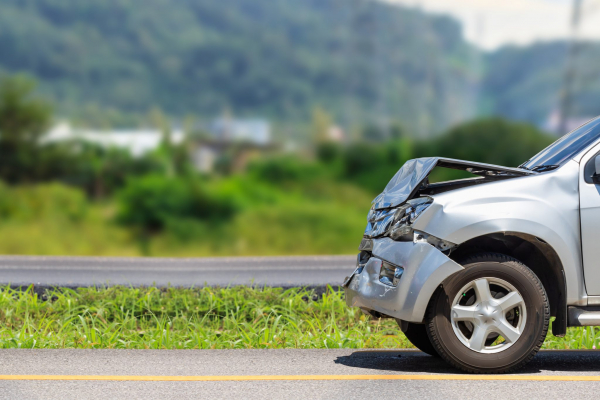
The aftermath of a car accident can be overwhelming. Besides the physical injuries and emotional distress, you may also face financial burdens like medical bills, vehicle repairs, and lost wages.
In Michigan, as in many states, it’s crucial to understand the concept of mitigating these damages to protect your rights in a personal injury claim. This guide will shed light on what it means to mitigate damages after a car accident and how it can impact your case in the Wolverine State.
What Are Damages in a Car Accident Claim?
Before we delve into mitigation, let’s define what damages are in the context of a car accident claim:
- Economic Damages: These are quantifiable losses, such as medical expenses, property damage, and lost wages. Economic damages have a clear monetary value.
- Noneconomic Damages: These include pain and suffering, emotional distress, and the loss of enjoyment of life. Noneconomic damages are more challenging to assign a specific dollar amount to, as they involve subjective experiences.
What Is Mitigation of Damages?
Mitigation of damages, often referred to as “duty to mitigate,” is a legal principle that requires the injured party to take reasonable steps to minimize the extent of their losses after an accident. In the context of a car accident, it means that you have a responsibility to prevent your economic damages from escalating unnecessarily. Here’s how it works:
- Seek Prompt Medical Attention: If you’re injured in a car accident, it’s crucial to seek medical attention promptly. Delaying treatment can worsen your condition and increase your medical expenses. Mitigate by getting the necessary medical care right away.
- Follow Medical Advice: Once you’ve received a diagnosis and treatment plan, follow your healthcare provider’s recommendations diligently. Failing to do so could be seen as a failure to mitigate damages.
- Rehabilitation and Physical Therapy: If prescribed, attend rehabilitation or physical therapy sessions as directed. This can aid in your recovery and demonstrate your commitment to mitigating your injuries.
- Maintain Documentation: Keep records of all your medical bills, receipts, and correspondence related to your accident. This documentation will help establish the extent of your economic damages and your efforts to mitigate them.
- Return to Work: If you’re medically cleared to work, make an effort to return to your job as soon as possible. Lost wages can be significant, and mitigating them by returning to work can be crucial to your financial recovery.
- Repair or Replace Your Vehicle: If your vehicle is damaged in the accident, address the repairs or replacement promptly. Leaving your vehicle unrepaired could be considered a failure to mitigate property damage.
- Consider Alternative Transportation: If your car is not drivable, explore alternative transportation options to prevent your losses from escalating. This might include renting a vehicle or using public transportation.
How Does Mitigation Affect Your Claim in Michigan?
Michigan follows a no-fault insurance system, which means that your own policy typically covers your economic damages, regardless of fault. However, when it comes to noneconomic damages, like pain and suffering, mitigation can play a significant role.
Michigan law requires injured parties to prove that their injuries meet specific thresholds to pursue noneconomic damages, such as pain and suffering. Demonstrating that you took reasonable steps to mitigate your economic damages can bolster your claim for noneconomic damages. It shows that you’ve acted responsibly in seeking treatment and minimizing your losses.
Mitigating damages after a car accident in Michigan is not only a legal requirement but also a responsible course of action. By promptly seeking medical treatment, following medical advice, and minimizing your financial losses, you position yourself better for a successful personal injury claim.
Speak with a Michigan Car Accident Attorney
Navigating the complexities of Michigan’s personal injury laws can be challenging, especially when dealing with the aftermath of a car accident. If you’ve been injured in a wreck, turn to Smith & Johnson for strategic legal counsel. Contact Tim Smith (tsmith@smith-johnson.com) or submit our Contact Form to schedule a free initial consultation with a car accident lawyer in Michigan.



